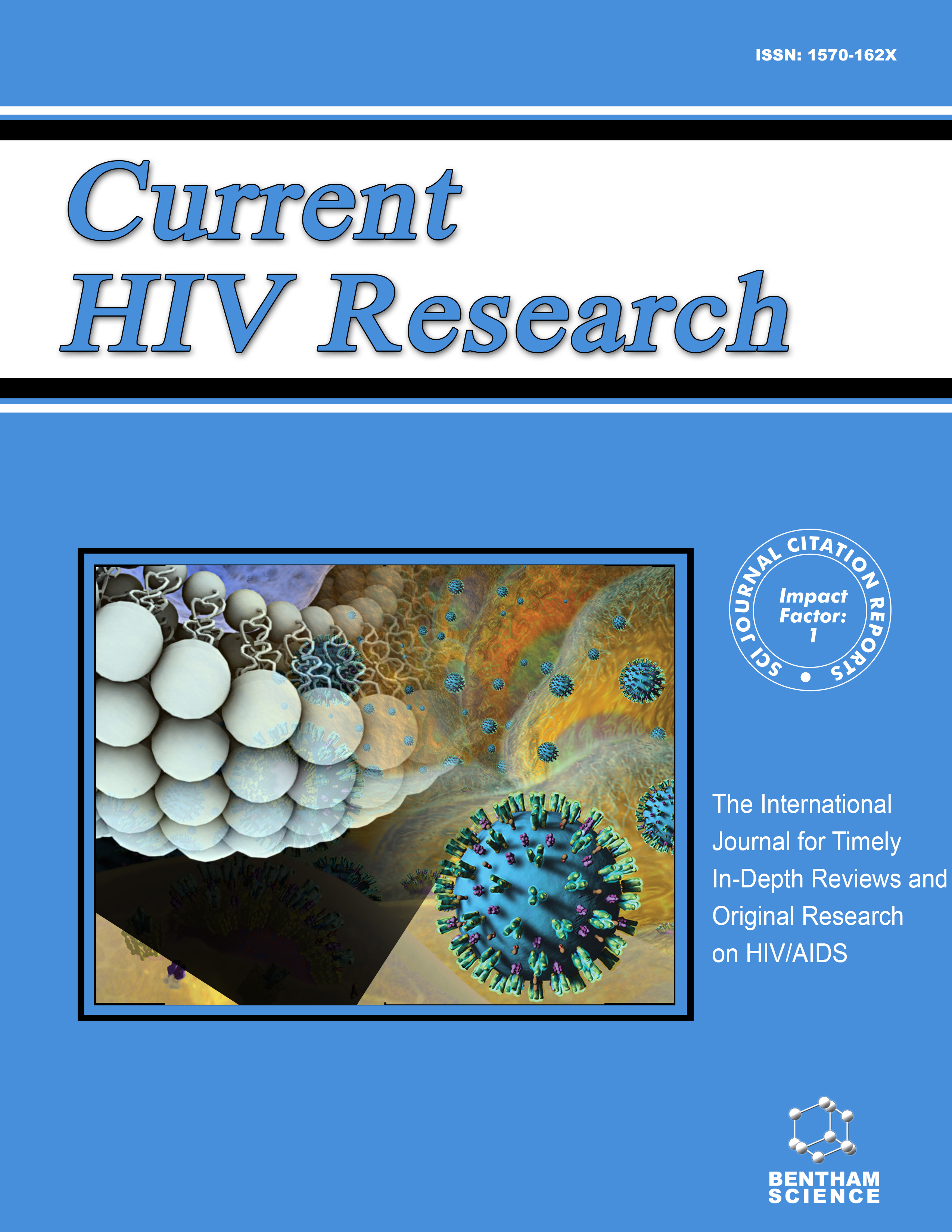
Full text loading...
Family support is an important component of family-oriented care and a vital element in the care of patients with chronic illnesses, including HIV/AIDS. We investigated the association between perceived family support and depression among adolescents living with HIV in northern Nigeria.
This was a cross-sectional study on 125 adolescents (10-19 years of age) presenting for care at a large urban outpatient HIV clinic in Kano, Nigeria. We assessed family support utilizing the Perceived Social Support Family Scale (PSS-Fa) tool, and depression using the Patient Health Questionnaire-9 (PHQ-9) tool. Logistic regression was done to determine the independent relationship between perceived family support and depression.
Approximately half of the respondents were males (49.6%). The median age (±IQR) of the participants was 16 (± 4) years. The overall prevalence of depression was 56%. More than half (57.6%) of the respondents reported having strong family support. Depression was independently associated with no family support (adjusted odds ratio, aOR = 3.85, 95% confidence interval, CI = 1.10-13.43), weak family support (aOR = 3.16, 95% CI = 1.04-9.63), and feelings of shame about their HIV status (aOR = 5.20, 95% CI = 1.76-15.35).
Depression is common among adolescents presenting for HIV care in northern Nigeria and is independently associated with perceived family support and feelings of shame regarding HIV diagnosis. Our findings support routine screening for depression among adolescents with HIV, coupled with the integration of family-oriented care and counseling into routine HIV services for this population.

Article metrics loading...

Full text loading...
References


Data & Media loading...

